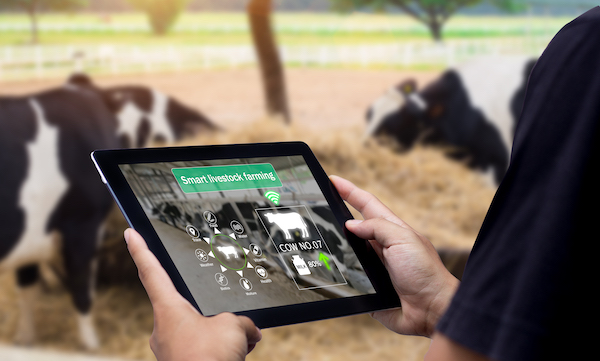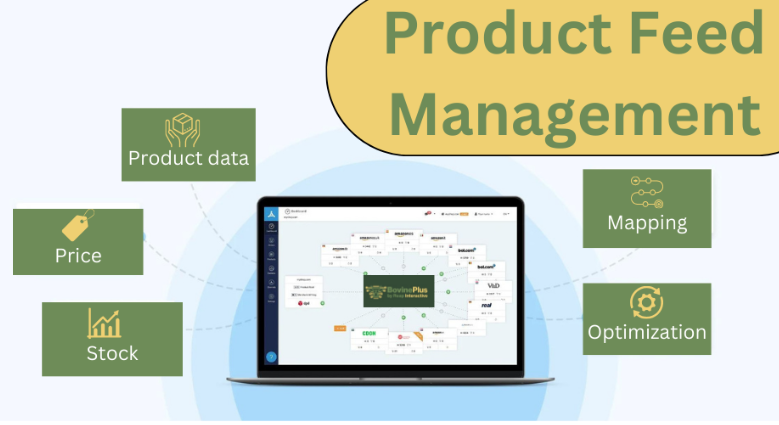Smart Livestock Farming

“No more guesswork, just results. BovinePlus is leading the herd!”
1. Improved Animal Health Monitoring
Real-time tracking of livestock allows for early detection of health issues, ensuring timely intervention and reducing the risk of illness spreading within the herd.
2. Optimized Growth and Weight Management
Daily weight gain tracking helps farmers ensure animals are growing at the expected rate, leading to better meat and milk production. It also allows for precise adjustments in feeding schedules to promote healthier development.
3. Data-Driven Decision Making
Access to accurate data on animal performance, including growth and health metrics, helps farmers make informed decisions about breeding, feeding, and veterinary care, leading to improved herd productivity.

4. Increased Efficiency and Labor Savings
Automation in livestock management reduces manual labor. Tasks such as recording weight, tracking health records, and managing feeding schedules can be streamlined, freeing up time and reducing operational costs .
5. Cost Reduction Through Optimized Feeding
Monitoring weight gain allows for more efficient feed management, minimizing waste and ensuring animals receive the appropriate nutrition based on their growth needs, ultimately lowering feed costs.
6. Enhanced Breeding Programs
Accurate data on weight gain and health can improve breeding programs, helping farmers select the best animals for breeding and ensuring strong, productive offspring.
7. Better Overall Herd Performance
Livestock management systems enable a holistic view of herd performance, improving individual animal care and overall productivity, resulting in healthier herds and increased profitability.
8. Sustainability and Environmental Benefits
Improved management practices reduce feed waste, lower energy use, and promote more efficient use of resources, contributing to more sustainable and environmentally friendly farming operations.

